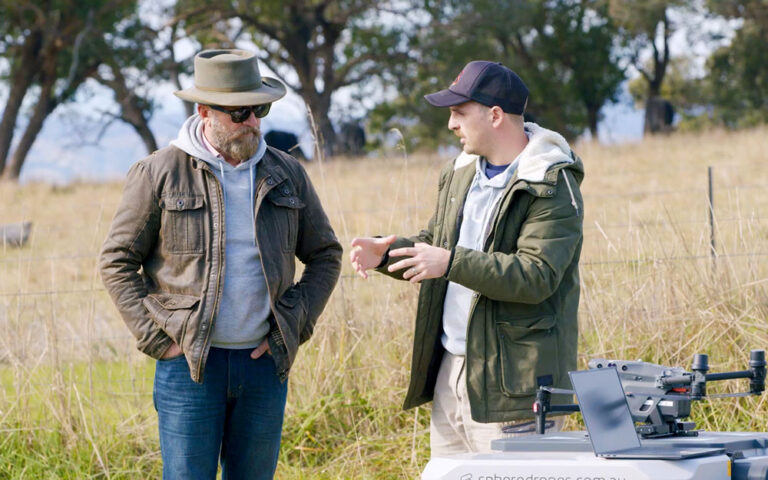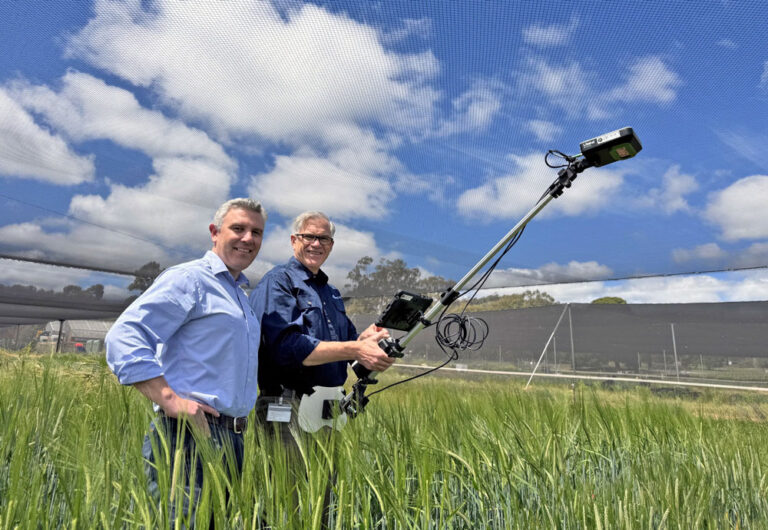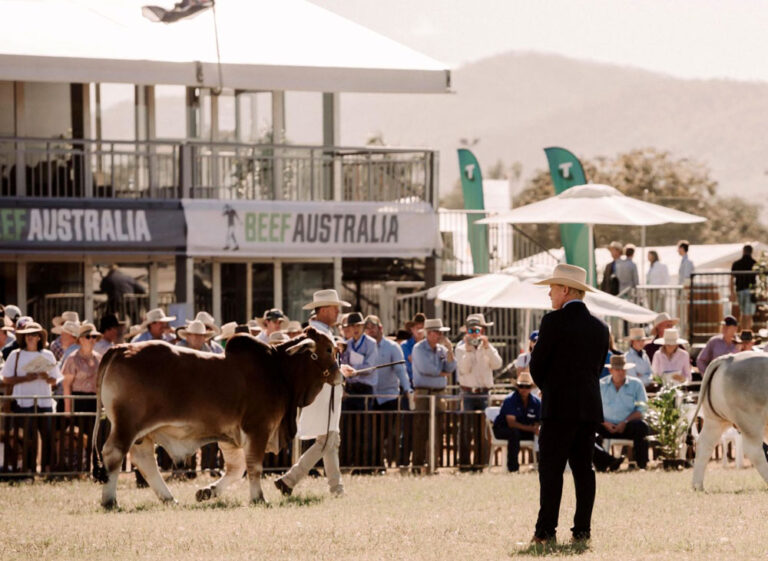Williamson Agri has added Bunkersweeps and Pen-scrapers to their product line to join their highly regarded deep ripper range

Williamson Agri believes that farmers’ profitability comes first and hold values of following strong agricultural science and observing changing agricultural practices.
And while being rooted in the knowledge that farmers know their land and how to get the most out of it, Williamson Agri is offering several product lines to help.
Williamson Agri is a business already well known for its deep rippers and has expanded its manufacturing base to include traditionally manufactured feedlot equipment, supplying the livestock and feedlot industry with Bunksweepers and Penscrapers.
More than 60 models of the Williamson-Agri Bunksweepers are now working across the country as this labour-saving machine has replaced the manual task of hand shovelling, reducing time and WHS risks.
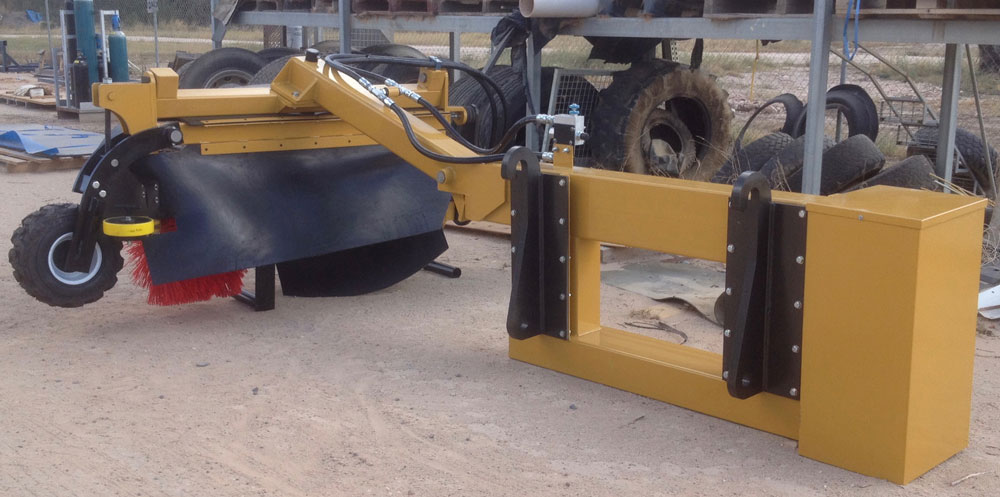
Each machine is custom made to meet each feedlot’s requirements. And with motor power up to 45kW (61hp) they have plenty of power to clean any feed bunkers.
Bunksweepers are available to fit most telehandlers and articulated loaders found working in feedlots. They are constructed from Australian One steel.
Williamson Agri has also introduced Penscraper to maintain the cleanliness of livestock pens and provide a healthy environment.
The Williamson-Agri Penscraper is designed tough with the end plates made from 16mm plate. And a 200 X 20mm base plate that the caterpillar single-sided road grader blade bolts to.
With 100 X 16 wheels and 405mm (16-inch) hydraulic rams it allows for a high clearance when the ground is wet.
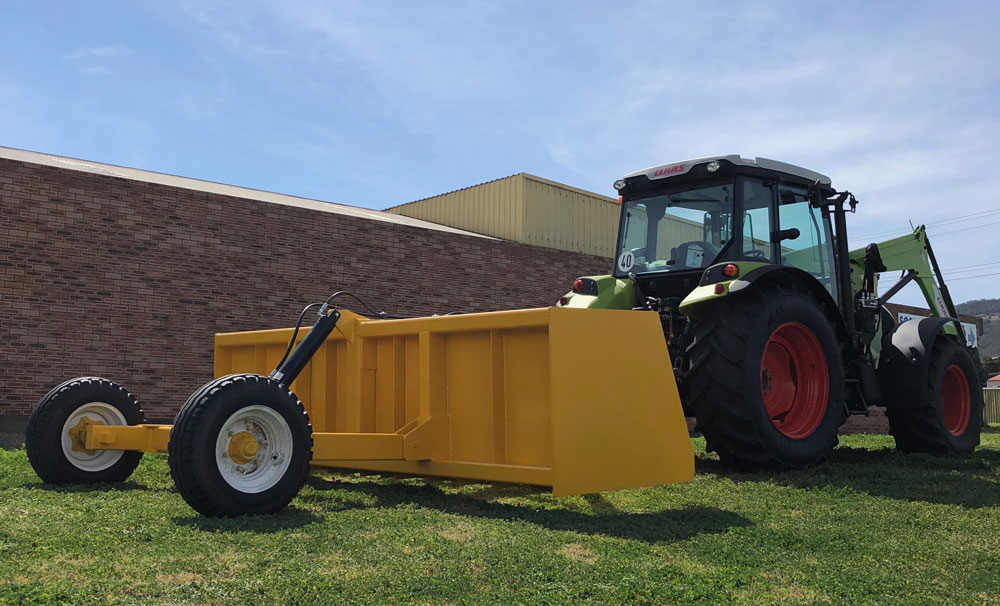
Williamson Agri is already well-known for its range of rippers with the ability to shatter soil across any profile using a unique European curved tine in operating widths from 2.1 to 4m in both TPL and trailed, with hydraulic and shear protected breakouts.
The benefits of ripping are indisputable, giving farmers the ability to capture valuable moisture and nutrients. Williamson Agri’s rippers can achieve high levels of decompaction while making sure the integrity of the soil profile is maintained.
What might be less known is the reason why plants find compacted soils so restrictive to growth. We can envisage plough pans or compaction layers being just a physical barrier as if it were a physical brick wall.
Often this barrier to production can come in the form of a chemical brick wall or can occur with years of traditional agricultural practices building up residual chemicals or leaving PH banding.
While most manufacturers are now recognising this by including wings and other attachments the uniquely curved nature of the Williamson Agri’s rippers is designed specifically for decompacting a greater proportion of the soil while not inverting more fragile soils.
To find out more about the Williamson Agri product lines, give Adam a call on tel: 0409 367 887, Rosemary on 0423 680 019 or check through their website here.
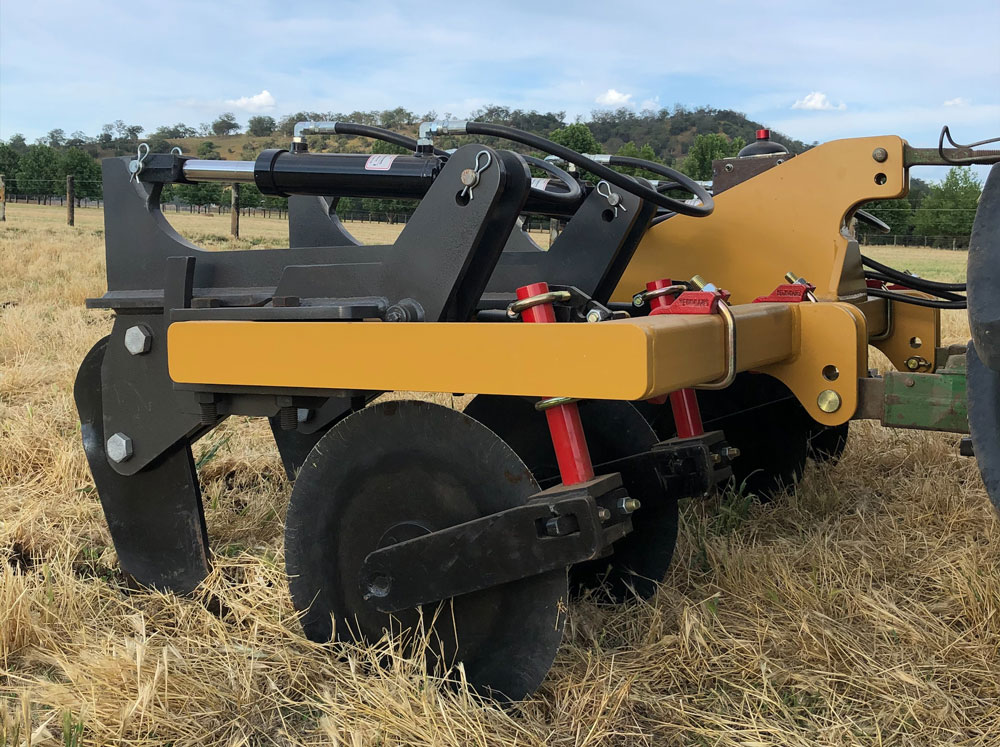
Williamson Agri deep tillage research
Behind the design team, Adam Williamson a 2022 Nuffield Scholar had the opportunity to study compaction issues across the globe. Travelling to many countries including England, USA, Canada, Israel, Zimbabwe, Netherlands, Japan, Singapore, and New Zealand has challenged his understanding around compaction management, pasture improvement, and soil health.
Adam‘s takeaways have been that we live in a harsher environment in many ways than the previous decades have experienced with greater production threats through the volatility of markets, weather, and workforce. As a result, farmers need to be maximising profitability through advanced land management, ripping is one of the most impactful ways to regenerate land and profitability.
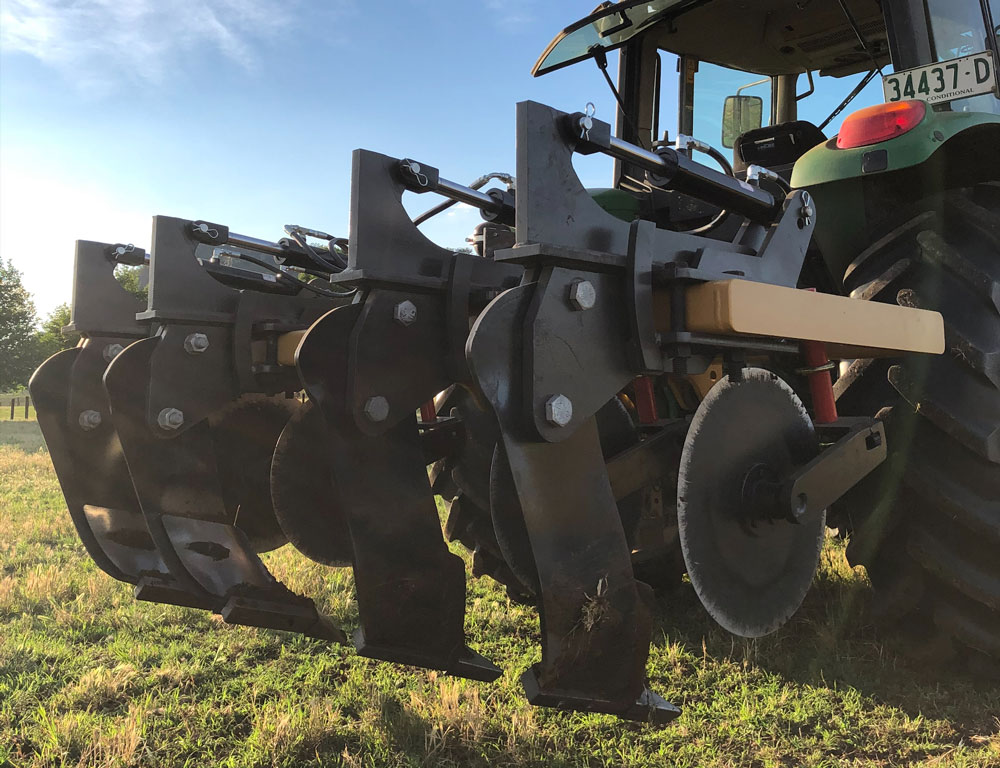
Williamson Agri manufacture their agricultural machinery products here in Australia, constructed from Australian One steel with the aim to improve soil conditions for growers.
Their research has shown how in the case of a physical barrier the plant roots stop growing through the compaction because of hormone signalling in the roots. When growing, crop roots exude ethylene and monitor the rate of return.
When roots encounter compacted soil, the ethylene is unable to be diffused and is instead built up in a traffic jam that tells the plant to find an easier route hence avoiding the compacted area and the beneficial moisture and nutrients that are offered beyond.
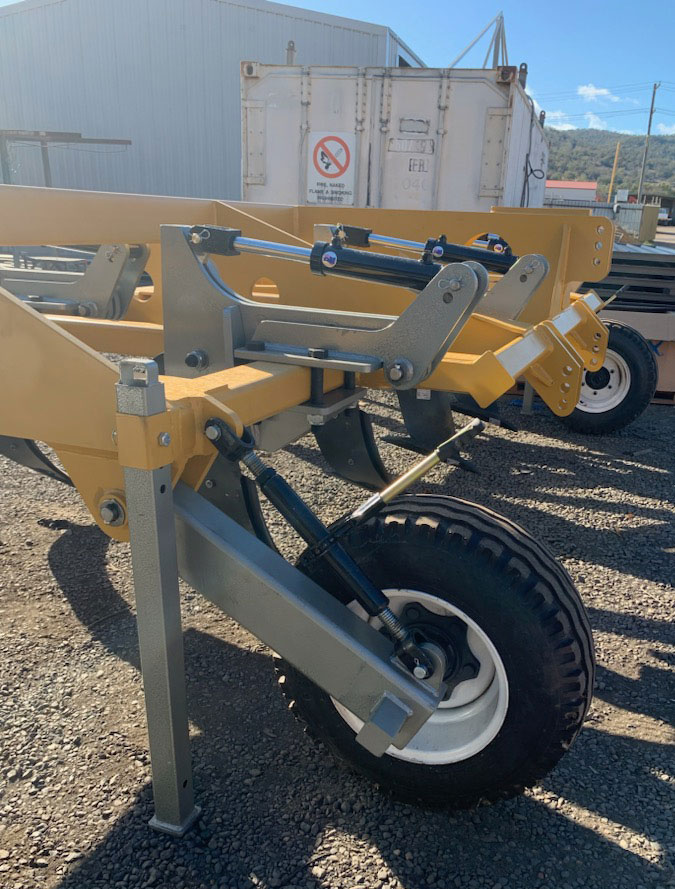
To alleviate this traffic jam of signalling hormones there needs to be a physical change to the compacted layer. There are many ways to achieve this however the quickest and most rewarding is to break this barrier with a deep ripper.
Off course all ground is unique and different methods will suit some practices and not others. But Williamson Agri has found to get the best results you must decompact all your ripped area and not just the V’ed area result from a straight shank.
This is why Williamson Agri recommend the more thorough gained results using their unique European curved tine design.
See more about the Williamson Agri curved tine deep ripper on their website here.


